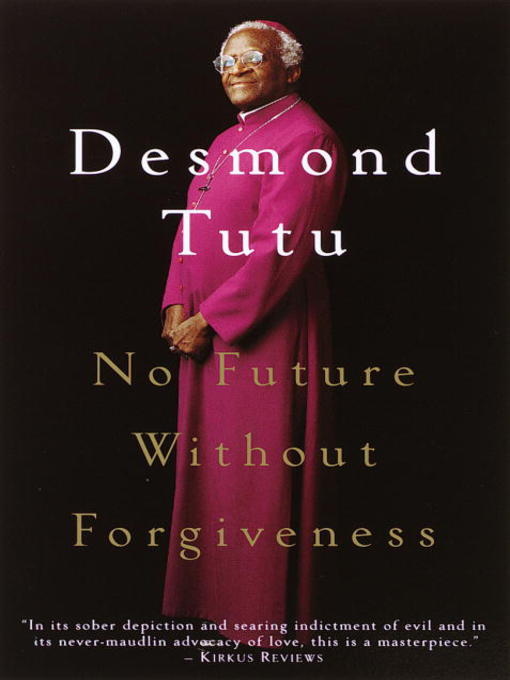
No Future Without Forgiveness
کتاب های مرتبط
- اطلاعات
- نقد و بررسی
- دیدگاه کاربران
نقد و بررسی

October 4, 1999
This insightful book about South Africa's healing process is no simple feel-good tale. In 1995, Tutu was looking forward to a well-earned retirement from his role as Anglican Archbishop of Cape Town. He had given his life to the antiapartheid struggle and had spoken the truth to those in power so many times that, in 1984, he received the Nobel Peace Prize. Still, in 1996, President Mandela and others prevailed upon him to postpone retirement's pleasures to give South Africa one more thing: his leadership as chairman of the Truth and Reconciliation Commission. Tutu speaks frankly of this call, of the struggle that preceded it and of the betrayals and jubilations of this unique commission. The TRC's work was unprecedented not only in its emphasis on restorative over retributive justice but in the spirituality that permeated its work, the bulk of which constituted hearings from the "victims" and "perpetrators" of apartheid. Ubuntu, Tutu explains, is the African expression that was at the heart of the TRC's labors. Meaning something like "a person is a person through other people," ubuntu sums up Tutu's philosophical framework for addressing apartheid's hard truths and beginning the reconciliation process necessary to move beyond apartheid's legacy. Despite the occasional factual inconsistency and some clich s (the book seems hastily written), Tutu's wisdom and experience come through. Human rights, he affirms, cannot stand without ubuntu's deeper foundation; the future cannot be without forgiveness.

























دیدگاه کاربران